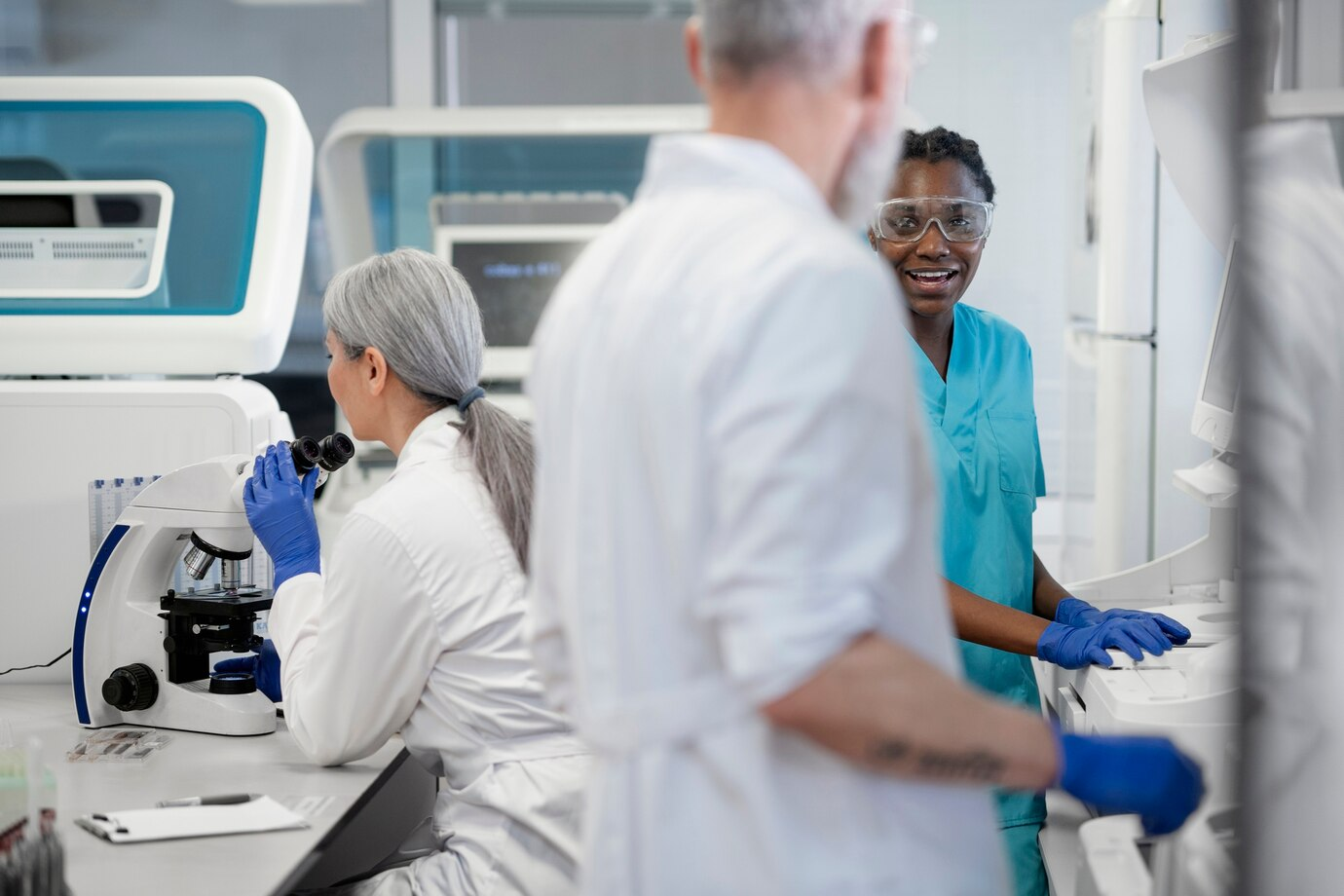Modern medicine has witnessed remarkable progress over the last few decades, largely thanks to emerging technologies in healthcare. From advanced diagnostic tools powered by artificial intelligence to the convenience of telemedicine, these innovations are revolutionizing how patients receive care and how medical professionals perform their duties. In this article, we will explore the cutting-edge trends reshaping modern medicine and discuss the impact they have on healthcare systems worldwide.
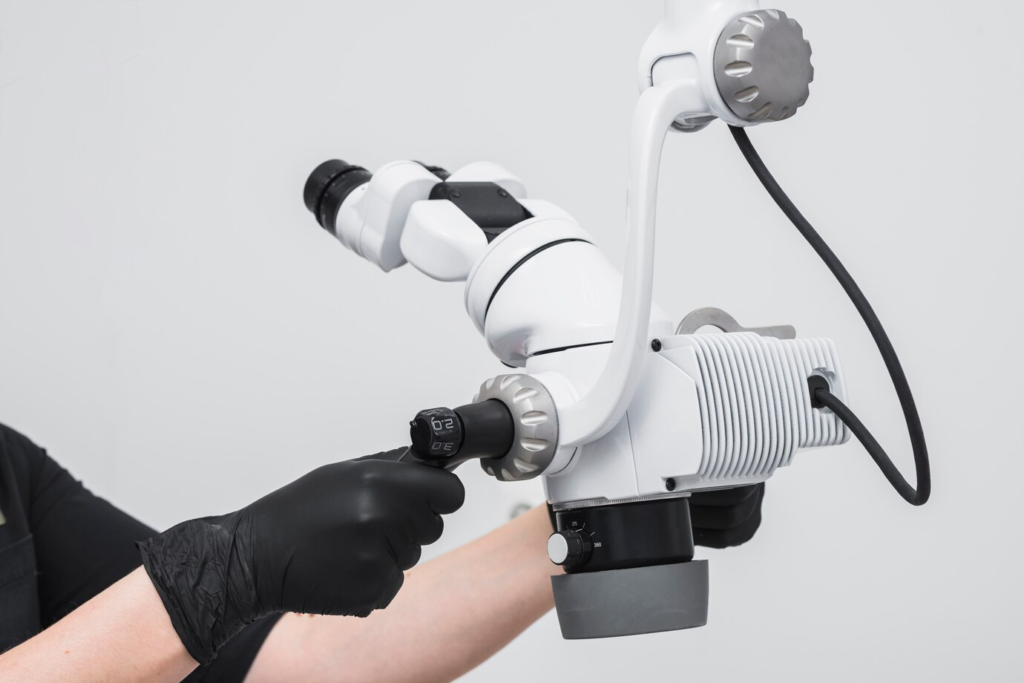
Artificial Intelligence in Medicine
Artificial intelligence (AI) is increasingly becoming a cornerstone in healthcare. AI algorithms can analyze vast amounts of patient data to predict outcomes, assist in diagnosis, and even suggest personalized treatment plans. By identifying patterns that may be overlooked by the human eye, AI helps medical professionals make more informed decisions.
● See also: How to Prevent Heart Disease: 7 Key Lifestyle Changes You Can Make Today
One of the most prominent applications of AI is in medical imaging, where machine learning models detect diseases such as cancer at an earlier stage. This leads to faster diagnoses and more effective treatments. Additionally, AI-driven virtual assistants help streamline administrative tasks, giving healthcare providers more time to focus on patient care.
Telemedicine and Remote Patient Monitoring

Telemedicine has emerged as a groundbreaking solution in modern healthcare, allowing patients to consult with doctors without leaving their homes. By utilizing video conferencing and specialized digital platforms, medical professionals can diagnose and treat various conditions remotely. This is especially beneficial for individuals in rural or underserved areas who may lack immediate access to medical facilities.
Telemedicine goes hand in hand with remote patient monitoring, where wearable devices collect real-time data—such as heart rate, blood pressure, and glucose levels—and transmit it to healthcare providers. This continuous flow of information enables physicians to track patient progress and intervene promptly if any anomalies arise, ultimately improving patient outcomes and reducing hospital readmissions.
Personalized Medicine: Tailoring Treatments to the Individual
Another significant breakthrough is personalized medicine, which focuses on customizing treatments based on a patient’s genetic makeup, lifestyle, and medical history. By analyzing genetic markers, doctors can identify the most effective medications and dosages for each individual. This approach not only increases the success rate of treatments but also reduces the likelihood of adverse side effects.
Personalized medicine is particularly promising in oncology, where targeted therapies attack specific cancer cells without harming healthy tissue. This level of precision helps minimize complications and improves survival rates. As research advances, personalized medicine will continue to evolve, offering even more refined treatment options for a variety of conditions.

Wearable Health Devices and Monitoring Tools
Wearable health devices have gained popularity among consumers eager to take control of their well-being. Fitness trackers and smartwatches monitor everything from steps taken to sleep patterns, providing insights that encourage healthier lifestyle choices. Beyond personal use, these devices are making their mark in clinical settings by supplying healthcare providers with continuous patient data.
For instance, smartwatches can detect irregular heart rhythms, prompting users to seek medical attention before a condition worsens. This proactive approach to healthcare is revolutionizing how patients and doctors work together to prevent and manage illnesses. As technology advances, expect wearables to become even more sophisticated, offering a broader range of health monitoring capabilities.
Robotics in Surgery: Precision and Minimally Invasive Procedures

Surgical robotics is another field undergoing rapid innovation. Robotic-assisted systems enable surgeons to perform complex procedures with enhanced precision and control. Smaller incisions, less blood loss, and shorter recovery times are just a few of the benefits patients can expect from robotic surgeries.
Beyond traditional operations, robots are used for tasks like tissue biopsies and organ transplants, offering unparalleled accuracy. These systems can also assist in training medical professionals, providing virtual simulations that mimic real-life surgical scenarios. As robotic technology continues to evolve, it will play an even more significant role in delivering safer, more efficient surgical care.
The Future of Healthcare: What Lies Ahead
The healthcare landscape is poised for continued transformation, driven by emerging technologies in healthcare. AI will become more sophisticated, integrating seamlessly with electronic health records to offer predictive insights. Telemedicine will expand its reach, ensuring medical care is accessible to patients across the globe. Personalized medicine will refine its focus on genetic research, creating novel treatment pathways tailored to each patient’s unique profile.
As innovations like quantum computing, nanotechnology, and advanced robotics enter the mainstream, we can expect more efficient disease management, reduced healthcare costs, and better patient outcomes. Ultimately, the future of healthcare is a collaborative effort, uniting technology developers, medical professionals, and patients in the pursuit of optimal health and well-being.
Conclusion
In an era of rapid technological growth, emerging technologies in healthcare stand at the forefront of modern medicine. From AI-assisted diagnostics to personalized treatments and remote patient monitoring, these innovations are making healthcare more accessible, efficient, and patient-centered. By embracing and continuously refining these cutting-edge tools, the medical field is well on its way to creating a brighter, healthier future for all.
The future of healthcare is here! 🚀🩺 From AI-powered diagnostics to smart health devices, modern medicine is evolving faster than ever. Stay ahead with the latest innovations—check out these cutting-edge health tech essentials on Amazon!
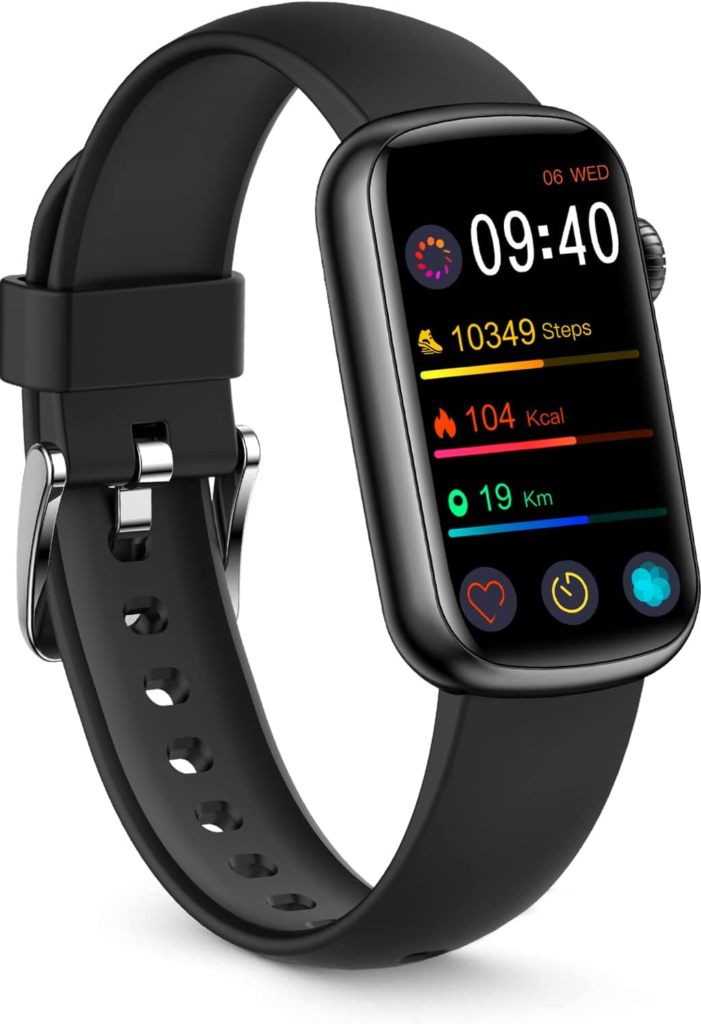
Smartwatch with Health Tracking
FITVII Slim Fitness Tracker with Blood Oxygen, Blood Pressure, 24/7 Heart Rate and Sleep Tracking, IP68 Waterproof Activity Trackers and Smart Watches with Step Tracker, Pedometer for Women Men
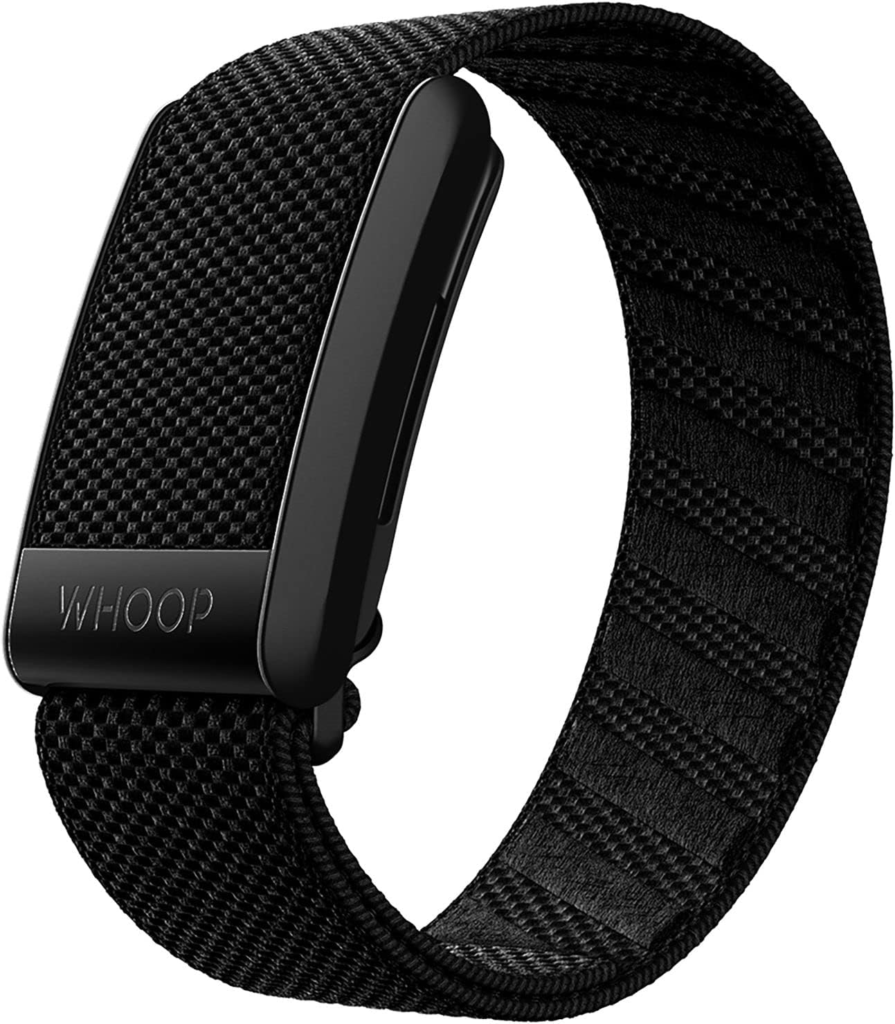
AI-Powered Fitness Tracker
WHOOP 4.0 with 12 Month Subscription – Wearable Health, Fitness & Activity Tracker – Continuous Monitoring, Performance Optimization, Heart Rate Tracking – Improve Sleep, Strain, Recovery, Wellness
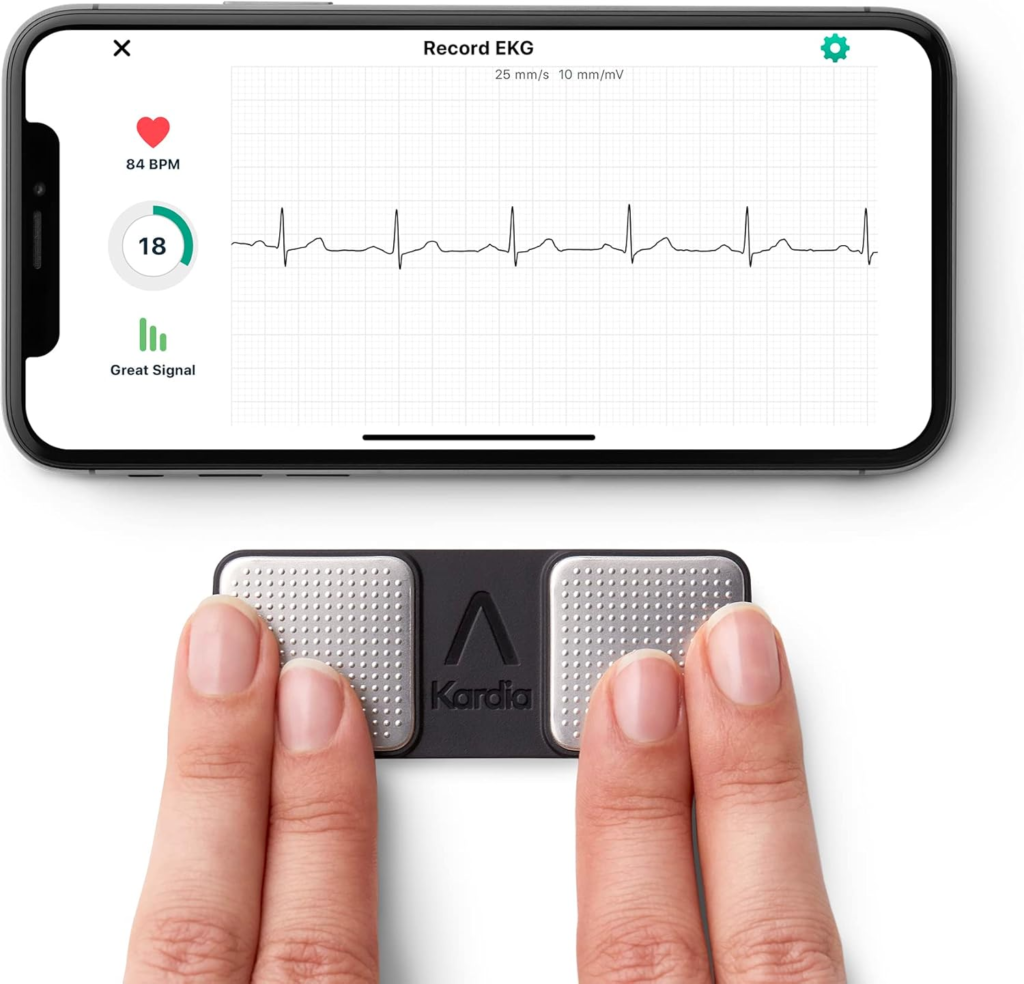
Portable ECG Monitor
KardiaMobile 1-Lead Personal EKG Monitor – Record at Home – Detects AFib & Irregular Arrhythmias – Easy Results in 30 Seconds – Works w/Most Smartphones – FSA/HSA Eligible
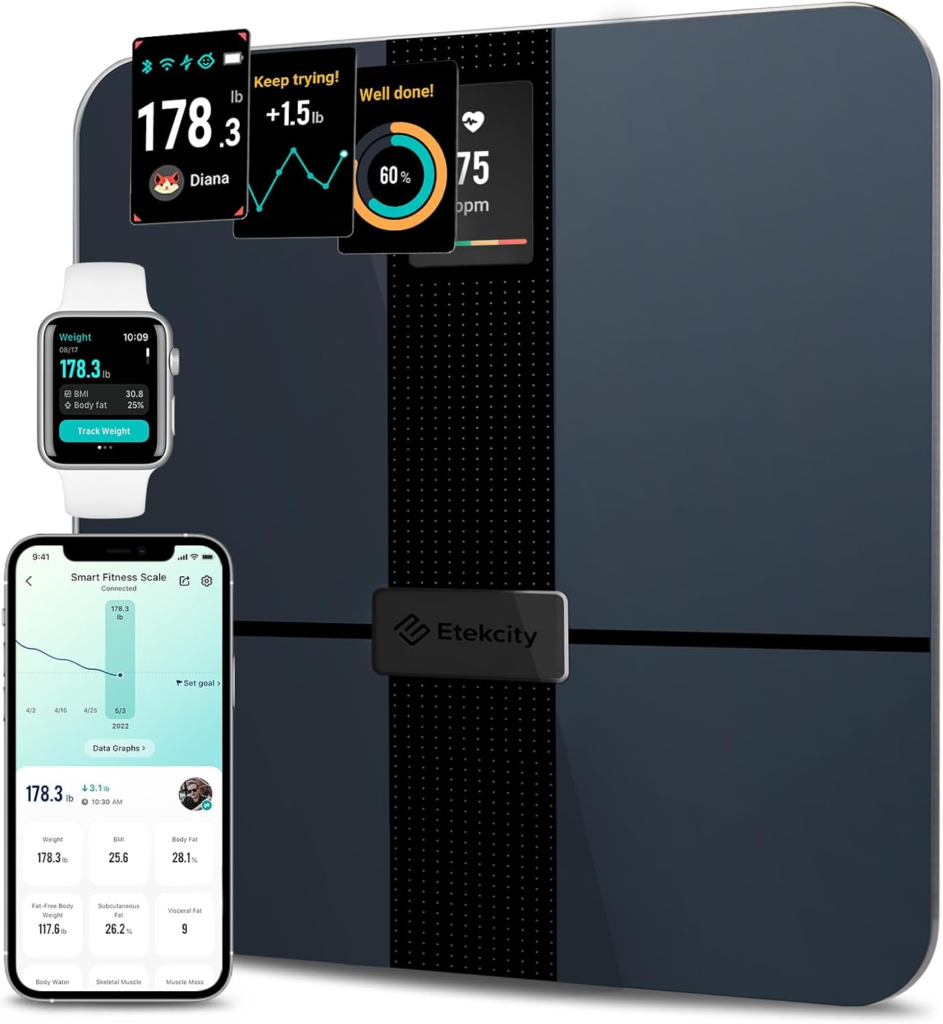
Digital Smart Scale
Etekcity Smart Scale for Body Weight Fat, FSA HSA Eligible, Digital Bathroom Weighing Machine for Accurate BMI Muscle Mass Composition, Home Use Apple Health Compatible Fitness Equipment

At-Home DNA Test Kit
AncestryDNA Genetic Test Kit: Personalized Genetic Results, DNA Ethnicity Test, Origins & Ethnicities, Complete DNA Test

